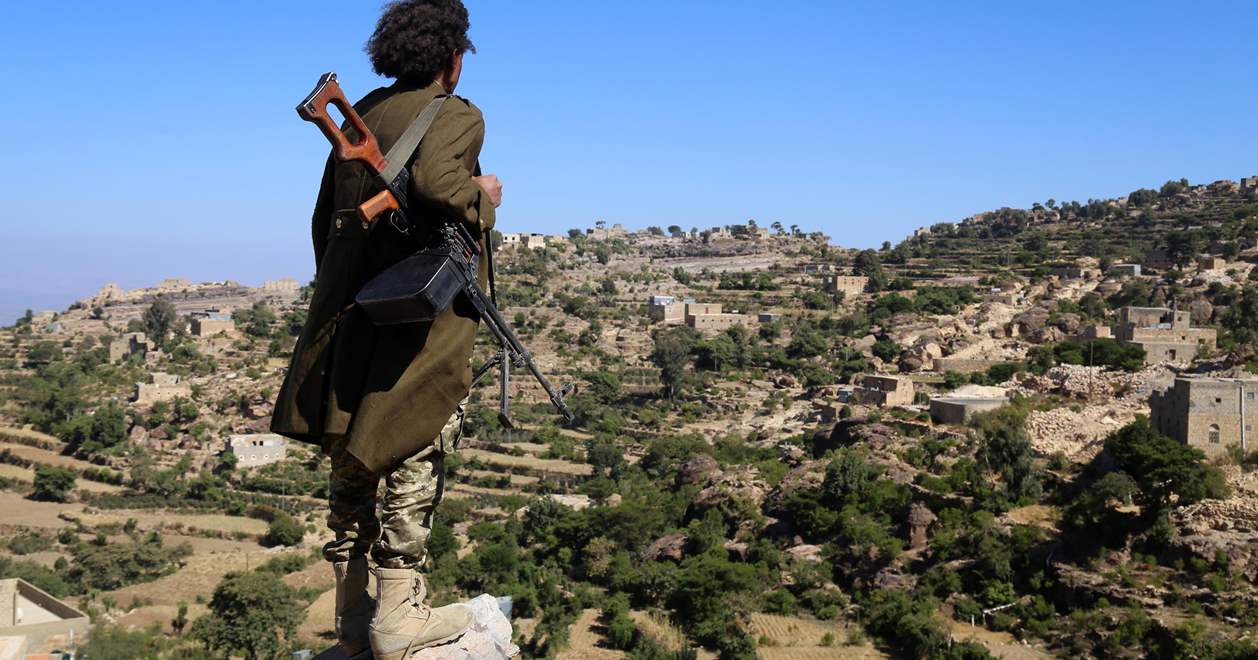An investigation by Amnesty International has revealed that children as young as eight years old have been raped in the Yemeni city of Ta’iz. The suspected perpetrators, including members of militias backed by the Saudi Arabia-led Coalition, are yet to be held to account.
The families of four boys told Amnesty International that their sons had been sexually assaulted in a series of incidents over the past eight months. In two of the cases, families alleged that those responsible were Islahi-aligned militiamen supported by the Saudi Arabia-led Coalition.
“The heartbreaking testimonies of these young survivors and their families expose how the ongoing conflict has rendered children vulnerable to being sexually exploited in a city plagued by weak security and institutions. These victims and their families have been left unprotected and alone to face the horrific ordeal of sexual abuse and its aftermath,” said Heba Morayef, Regional Director for the Middle East and North Africa at Amnesty International.
“The Yemeni authorities must thoroughly investigate these allegations to signal that these crimes will not be tolerated and to protect the children’s families from reprisal. Suspects, including members of the fighting forces and community leaders in trusted positions, must be brought to justice in fair trials. Rape and sexual assault committed in the context of an armed conflict are war crimes. Commanders who fail to stop such heinous acts can themselves be responsible for war crimes.”
The heartbreaking testimonies of these young survivors and their families expose how the ongoing conflict has rendered children vulnerable to being sexually exploited in a city plagued by weak security and institutions.
Heba Morayef, Middle East and North Africa Regional Director at Amnesty International
Amnesty International has documented four cases of sexual violence, namely the rape of three children and the attempted sexual assault of a fourth. Two medical reports seen by the organization indicated signs of anus lesions on two of the survivors which is consistent with their testimonies.
A pattern of impunity and reprisals has thus far discouraged families from reporting these incidents, especially since suspects are reported to be politically aligned with the local Islahi-controlled authorities. While two civilian suspects are currently detained pending trial in relation to two of the four cases, militia suspects have not been arrested in the remaining two cases. Amnesty International wrote to the prosecutor general in Yemen seeking comment and clarification but did not receive a response. In recent months, the Yemeni judicial system and institutions have been reactivated in southern parts of the country, handling a modest number of cases.
Families have faced a variety of impediments in reporting these incidents to the authorities. According to the families and documents reviewed by Amnesty International, all four cases were reported directly to the Criminal Investigations Department in Ta’iz. Even though the Criminal Investigations Department directed one of the main hospitals in Ta’iz to examine the three rape survivors and issue medical reports, the hospital failed to implement those orders in one case, despite repeated requests by the victim’s mother. Moreover, the hospital asked for money to produce the report, which the family was unable to afford.
These cases documented by Amnesty International do not appear to be the only incidents. Families and local activists reported at least two other cases in which families are too afraid to talk, fearing reprisal from local militias that are largely backed by members of the Saudi Arabia-led Coalition in Yemen. Two of the four affected families have had to relocate, fearing reprisals from militias.


